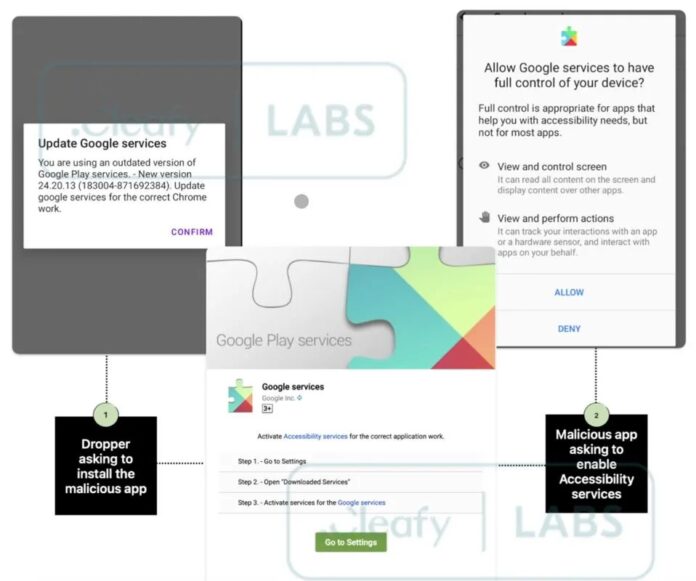It looks like Google has taken steps to clean up its Android platform, but it’s still facing issues with security threats. Multiple reports have highlighted the presence of malware such as Necro Trojan and TrickMo on the Play Store. These malware variants can intercept one-time passwords, perform screen recording and keylogging, and even remotely control devices.
The common thread among these reports is that users should exercise caution when downloading apps from unofficial sources or modifying popular apps. Even apps from official stores like Google Play should be treated with skepticism, as demonstrated by the case of Wuta Camera.
Google has assured that all malicious versions of these malware have been removed from the Play Store, and Android users are protected against known versions by Google Play Protect. However, it’s essential for users to ensure that Play Protect is enabled on their devices.
The advice remains the same: stick to official app stores, check the developer’s identity and reviews, grant permissions only when necessary, regularly scan through your phone, and delete unused apps. Additionally, be wary of apps that link to established apps like WhatsApp unless you’re certain they’re legitimate.
It’s worth noting that these malware variants have evolved over time, with the Necro Trojan being injected with new features and the TrickMo variant incorporating anti-analysis mechanisms. The Octo2 variant is also expected to seamlessly replace its predecessor, leveraging established channels to market.
Overall, while Google has taken steps to improve security, users must remain vigilant and follow best practices to protect themselves from these evolving threats. By doing so, they can minimize the risks associated with downloading apps from unofficial sources or modifying popular apps. The key takeaway is that even if an app appears legitimate on its official store, it may still contain malware, and users should be cautious when installing new applications. This is especially true for users who frequently download third-party applications.
Therefore, to stay safe, users should:
* Be aware of the potential risks associated with downloading apps from unofficial sources
* Regularly scan their devices for malware and other security threats
* Only install apps from trusted sources, such as official app stores
* Be cautious when granting permissions to new applications, only allowing access to necessary features
By following these guidelines, users can minimize the risks associated with downloading apps and protect themselves from malware and other security threats. The main point is that even if an app appears legitimate on its official store, it may still contain malware, and users should be cautious when installing new applications. By being aware of the potential risks and taking necessary precautions, users can stay safe in today’s digital landscape.
Source: Forbes






